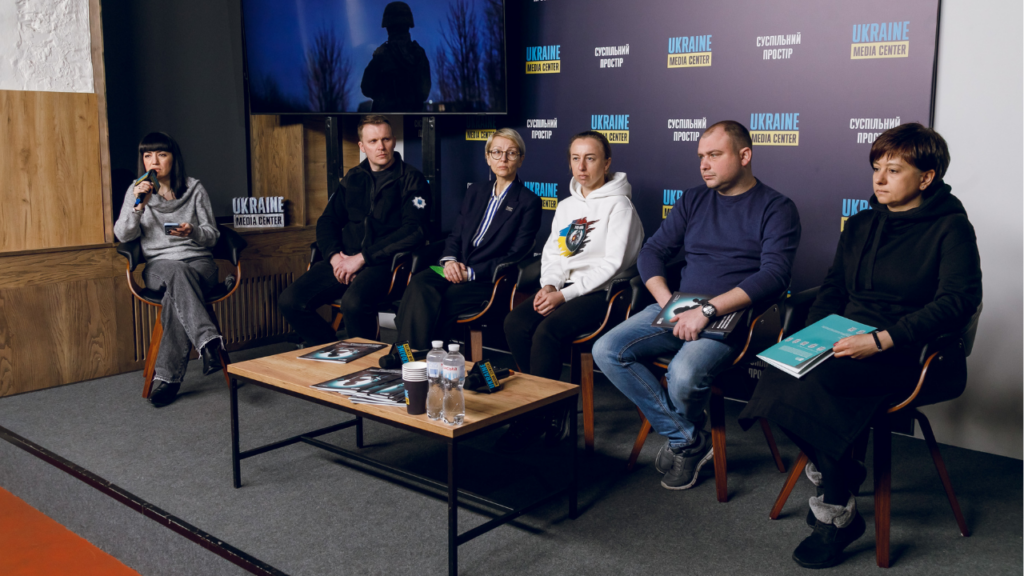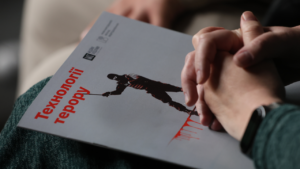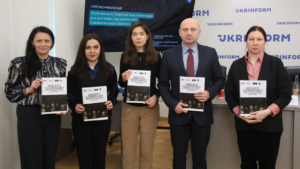Notified by Phone: How State Authorities Violate the Rights of Soldiers’ Families



Since the beginning of Russia’s full-scale invasion of Ukraine, the World Organisation Against Torture (OMCT) and its partners — the Media Initiative for Human Rights and the ZMINA Human Rights Center — have been documenting crimes committed by Russian military personnel and other representatives of the Russian authorities against the civilian population of Ukraine in the occupied territories.
15 July 2025

The Media Initiative for Human Rights (MIHR) has presented a new analytical report comparing the torture methods used by modern-day Russia against Ukrainian prisoners of war with Soviet-era practices. The report’s authors demonstrate not only the continuity in the use of certain torture techniques but also the political motives behind them.
29 April 2025

On March 31, the Ukrainian state news agency Ukrinform presented a research paper on Russia’s policy of prosecution of Ukrainian civilians and prisoners of war, which has clear signs of war crimes and crimes against humanity.
31 March 2025

Since the beginning of Russia’s full-scale invasion of Ukraine, the World Organisation Against Torture (OMCT) and its partners — the Media Initiative for Human Rights and the ZMINA Human Rights Center — have been documenting crimes committed by Russian military personnel and other representatives of the Russian authorities against the civilian population of Ukraine in the occupied territories.
15 July 2025

An activist from Nova Kakhovka, Oleksandr (his surname withheld for security reasons), filmed the dismantling of Lenin monuments across the Kherson region before the full-scale invasion. After the occupation began, he became a target for the Russians. He was tortured for two weeks in order to force him to reveal the identities of other civic leaders in the city and to “cooperate” with the occupiers.
25 June 2025

The European Parliament held a debate on the draft resolution “The human cost of Russia’s war against Ukraine: the dramatic situation of illegally detained Ukrainian civilians and prisoners of war.” The document condemns the widespread unlawful detention of Ukrainians, torture, fabricated charges, and inhumane conditions of imprisonment.
17 June 2025